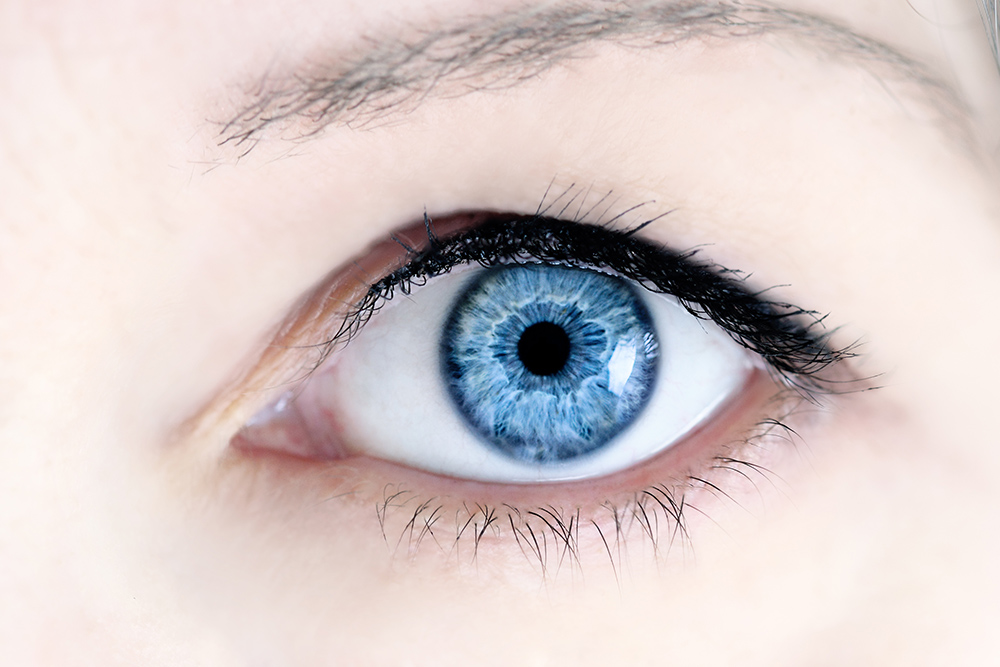It is common knowledge that you should be getting your eyes examined once a year. As you age, you may wish to have exams conducted once a quarter or twice a year. However, the average healthy person with relatively good eye health is in need of an exam once a year. Unlike most doctors, the eye doctor visit is relatively painless. No tests involve needles or drilling. Instead, you can expect some very specific tests that will determine how well your eye performs its typical functions. Then, you will get to see the doctor who will examine the test results and let your eyes’ abilities speak for themselves.
Technology and Tradition as Part of Your Eye Exam
Technology has come a long way in expanding the medical industry. Eye exams are now more about technology and less about guesswork. Most eye exams will start with you putting your eyes up to a window through a machine. This one machine will allow your doctor to perform a series of tests to measure several different eye functions. For instance, one test will allow your doctor to determine if you are color blind. Another test will help your doctor determine if you have any retina diseases such as a detached retina. There are even tests to determine if you require bifocals or other specialty lenses. Each test adds another layer to your eye doctor’s analysis, allowing for a full diagnosis of your vision and eye health.
Your Doctor’s Role in Your Eye Exam
Technology may play an integral part in diagnosing your eye health, however, it is not the final piece of the puzzle. The technology only provides results. The most important piece of your eye exam is the visit with your eye doctor. Once the technological piece is complete, your doctor will read the results and perform a more thorough exam. First he or she will look in your eye for any color spots, signs of floaters, or signs of more serious eye health issues. This should also include a full conversation in which your doctor will ask whether you notice any issues with your sight or any changes since your last visit.
At this point, your doctor will pull out the eye chart. This exercise provides your doctor the opportunity to witness your eye and brain working together. This has a direct impact on your eye health analysis and your final prescription.
Finally, you will be asked if you want to dilate your eyes for a glaucoma test. Unless you are older age sixty or have a history of glaucoma or diabetes, you may opt out of the test. However, if your doctor suspects you may have an issue that requires further examination, it may be suggested you go through with the test.
Once all of the testing and conversations are completed, your eye doctor will tell you whether or not you require corrective lenses or have any other eye issues that may be cause for concern. The entire process is relatively easy and painless. If you are looking for an eye doctor you can trust with your vision, contact the experts at Rittenhouse Eye Associates at (215) 525-6821.




